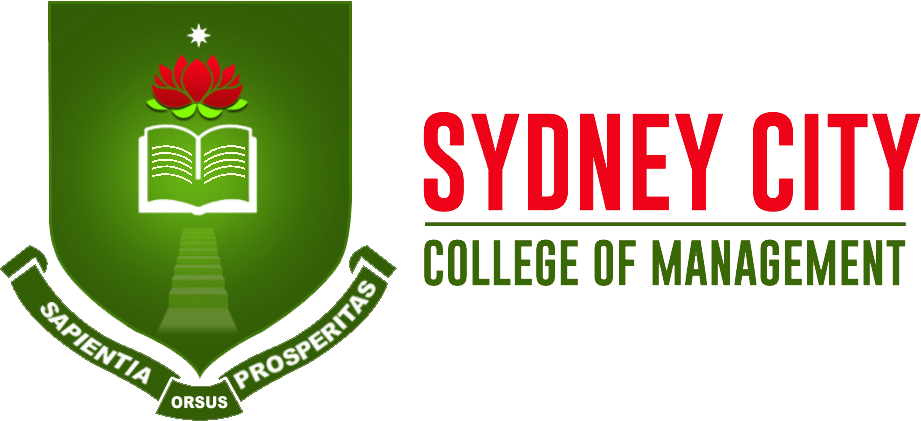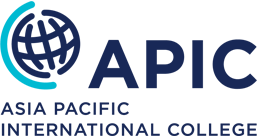Explore leading Australian Universities

Bachelor of Sport Science (Human Movement)/Bachelor of Sport Management Bachelor 084878F 2025
Study Level Bachelor
Course Code 084878F
Study Method Class
Assessment Onsite Exam, Assignments
Start Date February 2026, July 2026
Entry Requirement Grade 12
Duration 208 weeks
Price $73112
Discount No
Discounted Price NA
About the Course
Follow your passion for sport into the health and fitness or sport-management fields with Bachelor of Sport Science (Human Movement)/Bachelor of Sport Management.
In this double degree, you’ll develop high-level expertise in human movement, exercise supervision, physical recreation programming, and sport management.
We have over 200 partnerships with sport venues, sporting clubs, local government authorities, and public-health and education groups. Through these partnerships, you’ll learn from the best, and gain invaluable work experience.
You’ll graduate job-ready to work in many areas of sport and fitness. You’ll have the skills and knowledge to manage major sporting events, sporting facilities, aquatic and recreation centres, professional sport organisations, and gyms.
Careers options include:
- exercise and sport science
- rehabilitation
- community fitness and health
- personal training
- community sport development
- planning for sport and active recreation
- consulting and research in sport participation.
Entry Requirements
Meeting the minimum entry criteria does not guarantee entry into this course.
Completion of an Australian Senior Secondary Certificate (VCE or equivalent) including Units 3 and 4: a study score of at least 25 in English (EAL) or 20 in any other English (or equivalent).
OR:
Completion of an Australian Advanced Diploma or Diploma (or equivalent).
PLUS:
IELTS (or equivalent): Overall score or 6.0 (with no band less than 6.0 in Listening, Reading, Writing and Speaking).
OR:
Completion of a Foundation course or equivalent.
What will you learn
On successful completion of this course, students will be able to:
- Contextualise and integrate knowledge and principles of business and sport management, physiology and social scientific skills related to sport science, sport and active recreation;
- Critically analyse theoretical and technical knowledge in diverse contexts, and adapt and apply related skills to the effective management of sport and active recreation services and delivery in sport science settings;
- Critically review and apply information with initiative and judgement in order to both anticipate and creatively solve problems related to the management and delivery of sport, exercise, and active recreation services;
- Exhibit professional judgement, ethical standards, and social sensitivity by adapting knowledge and managerial skills to make decisions, either individually or collaboratively, that provide inclusive, sustainable, and culturally relevant sport, exercise, and active recreation experiences;
- Exemplify a coherent and independent exposition of industry knowledge and operational skills in both oral and written form to a range of audiences;
- Critically reflect on personal learning and skills in relation to career goals with a view to implementing creative strategies to promote lifelong learning, and establishing pathways for the attainment of further professional development and educational training;
- Adapt personal and interpersonal competencies and leadership abilities to the effective management of sport and active recreation enterprises, and the professional delivery of exercise, fitness and conditioning programs; and
- Contribute to the organisation and delivery of sport, exercise, and active recreation programs with personal accountability, integrity, and social responsibility for outcomes.
Career Opportunities
On graduation, you’ll be ready to work as a manager, administrator, sport scientist, and exercise/physical activity programmer in the following areas:
- professional sport
- physical recreation associations and clubs
- state and national sporting bodies
- community sport clubs and agencies
- gyms and fitness centres
- stadiums and facilities
- community service organisations
- outdoor recreation facilities
- corporate health programs
- government sport and recreation services
- commercial sport

.png)
